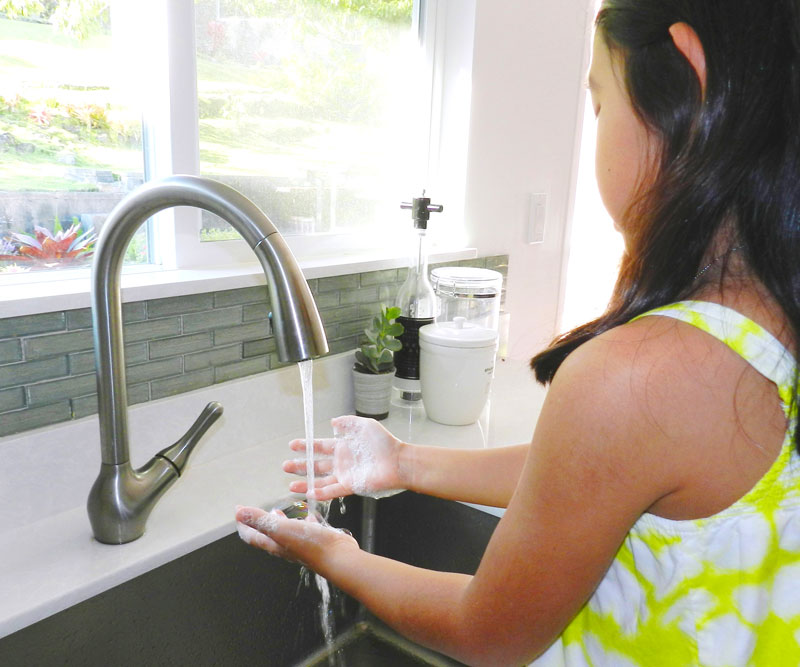
Does Your Child Need a Digital Detox?
We live in a world where we are immersed in digital media and technology 24/7.
According to the American Heart Association/American Stroke Association, children today are spending too much time in front of screens, and it’s negatively impacting their health.
It is now estimated that children ages 8-18 years spend on average 7.5 hours each day in front of a screen for entertainment.
Put into perspective, that adds up to 114 full days of screen time every year – and that’s not including hours spent in front of a screen for educational needs or homework.
Doctors have linked excessive screen time to an increase in risk for metabolic syndrome – a combination of conditions that up your risk for heart disease and stroke.
Additionally, children who spend too much time in front of a screen have been found to suffer poorer sleep quality, reduced reading rates and decreased social skills.
Experts recommend parents significantly limit the hours their kids spend in front of electronics, including computers, phones, tablets, video games and TV.

Instead of sitting sedentary in front of a screen, kids can engage in physical and social activities.
“Children 6 years and older should be active for at least 60 minutes a day,” says Dr. Brigitte Carreau, a pediatrician at Kauai Medical Clinic.
An hour of play may seem daunting, but every little bit counts – and can add up fast!
“Playtime can be broken up across several activities over the course of the day, such as walking to and from school, playground time, chores and play activities to total one hour a day,” Carreau says.
Carreau and other experts agree that being active is essential in leading a healthy life and yields many benefits, including the following:
- Stronger bones and joints.
- Greater muscle strength.
- A decrease in body fat.
- Improved flexibility.
- A healthier heart, reducing the risk of developing heart disease and high blood pressure.
- Reduced risk of developing diabetes.
- More energy.
- A greater ability to handle stress.
- Improvements in self-confidence and self-esteem.
- Opportunities to make new friends.
- Better concentration at school.
As a parent, there are a number of ways you can help your kids engage in physical activities.

Carreau recommends the following advice for parents:
- Schedule activity among other plans. It’s easy to skip exercise if it’s not pre-planned.
- Be a role model. Children are more likely to be active when they see their parents being active as well.
- Get the entire family involved. Children also tend to participate in activities with other family members rather than going solo.
- Limit screen time to 1-2 hours per day. This includes TV, video games, tablets, cellphones and computers.
- Find a fun activity. Being active doesn’t mean having to join an organized sport. Children also can enjoy riding bicycles, swimming, hiking, playing tag and dancing.
“Make physical activity an integral part of a child’s life,” Carreau says. “By helping your children start regular activity at a young age, they are more likely to keep their healthy habits as they become adults.”
Published on: September 10, 2018




